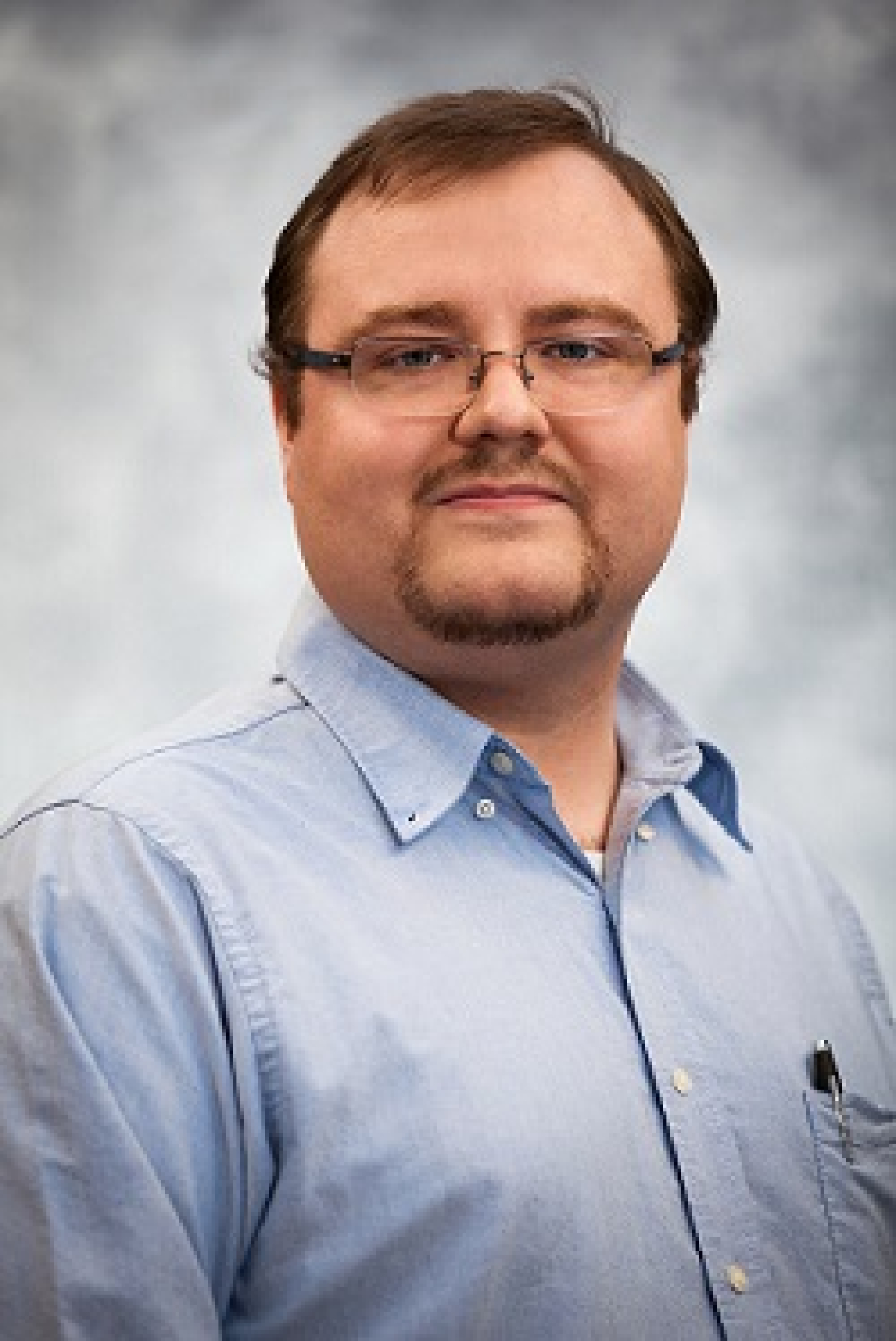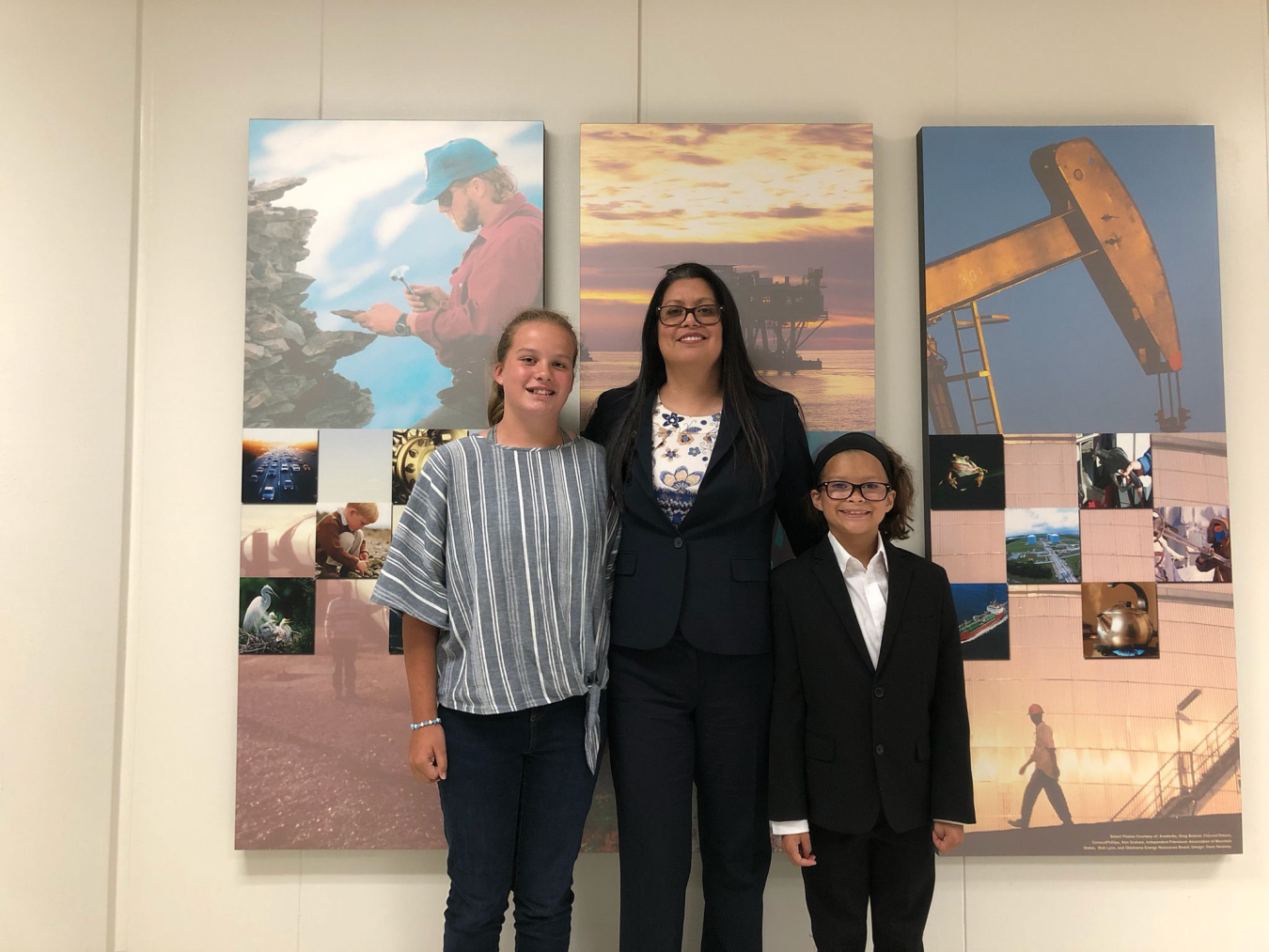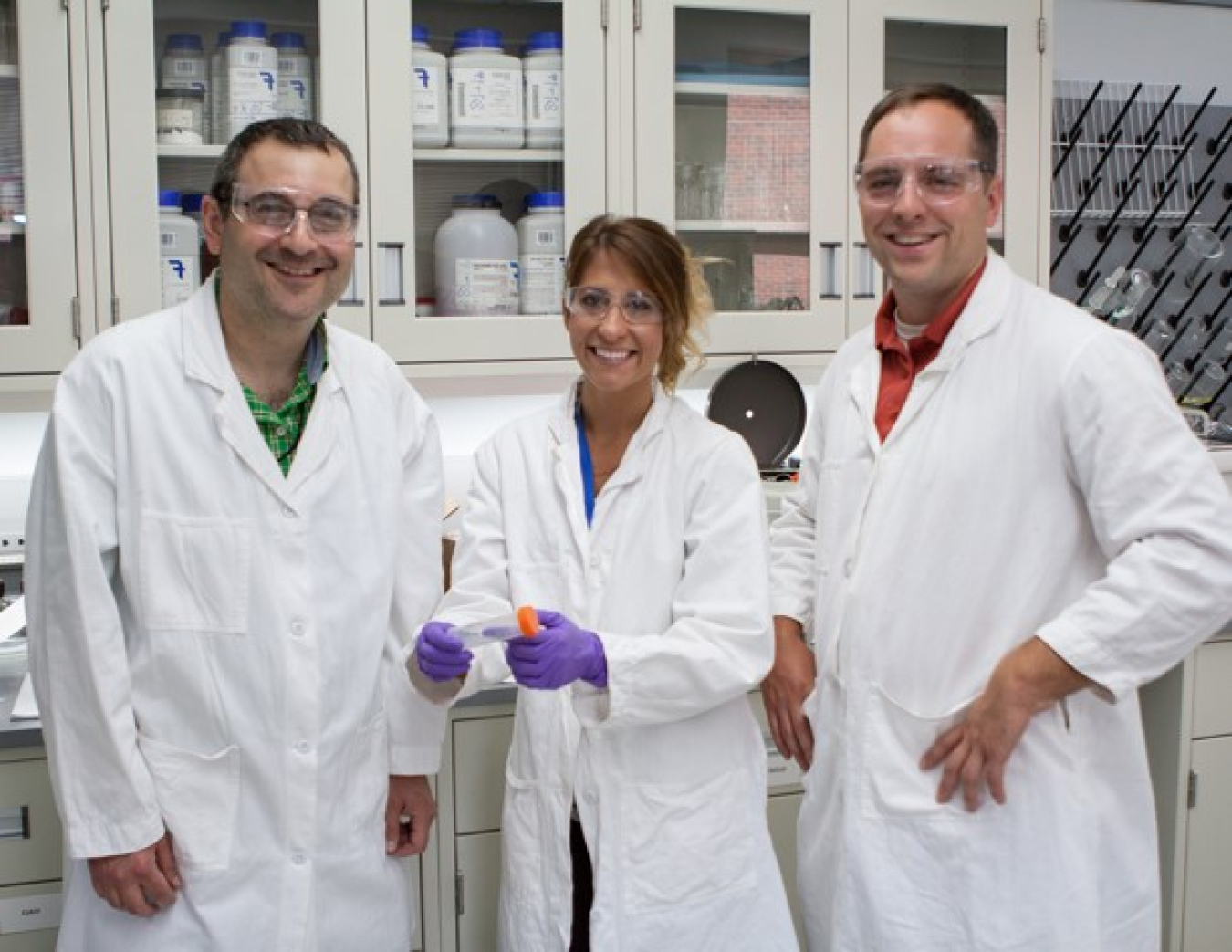We asked several MLEF alumni to tell us about their research experience and to update us on where they are working now.
Office of Fossil Energy and Carbon Management
December 30, 2019Every year, the U.S. Department of Energy’s (DOE) Office of Fossil Energy (FE) selects undergraduate and graduate students majoring in science, technology, engineering, and math (STEM) to participate in the Mickey Leland Energy Fellowship (MLEF) program.
Created in 1995, the MLEF program aims to improve opportunities for under-represented and minority students to strengthen a diverse pipeline of future STEM professionals across the Nation. During the 10-week appointment, participants are based in the Department’s Headquarters or one of DOE’s National Laboratories, and train under the mentorship of scientists and engineers while working on mission-focused research projects.
In recognition of FE’s very talented MLEF graduates, we asked several alumni to tell us about their research experience and to update us on where they are working now. We interviewed Natenna Dobson, Kyle Buchheit, Gabby Intihar, and Ashley LeDonne, who all work in STEM fields today within the FE enterprise.
Find out why the Mickey Leland Energy Fellowship is the preferred program for aspiring STEM professionals.
MLEF Graduate Natenna Dobson pictured with Assistant Secretary for Fossil Energy Steven Winberg at Africa Oil Week 2019
IT’S EASY TO APPLY
FE: What prompted you to apply to the MLEF program? How did you hear about it?
Natenna: I was in my senior year in college and wanted to find an internship that would give me professional experience in my major, environmental sciences.
Kyle: I was looking for a summer internship. My grandfathers inspired me to find some way to serve society, so I knew research in the Government sector was what I wanted to do.
Ashley: I found the MLEF internship at the last minute. I called my advisor at 7:30 p.m. and asked him to write me a letter of recommendation. My application was due at midnight!
Gabby: In high school, engineering always showed up in my aptitude tests. In college, I fell in love with chemical engineering.
MAKE YOUR MARK
FE: What did you work on during the program?

MLEF Graduate Kyle Buchheit
Natenna: I worked on a project that would prevent and mitigate greenhouse gas emissions from coal-fired power plants. I was excited when my technical paper was accepted by a DOE-sponsored publication.
Kyle: I worked on chemical reaction models that were used in computational fluid dynamics simulations. It was a good opportunity to apply skills to real-world problems and applications.
Ashley: The first year, I researched synthesizing perovskite sorbents to separate oxygen from air. The second year, I worked in the newly established Rare Earth Elements program.
Gabby: I was a fellow in the MLEF program in 2001. I completed a summer internship with Marathon Oil.
GET HANDS ON EXPERIENCE
FE: What did you learn?
Natenna: That energy is key to a sustainable society. And, all forms of energy development and production can be made more efficient and cleaner.
Kyle: Aside from the science, I learned to try to solve problems in a shorter time span by collaborating and problem solving with other team members.
Ashley: I learned a lot from my mentors and from National Energy Technology Laboratory (NETL) researchers. I gained valuable, hands-on research experience.
Gabby: I started working with DOE’s Office of Oil and Natural Gas as an engineering intern in 2002. When my mentor retired, I read the position description and I knew I could do that job. I applied and was selected.

MLEF Graduate Gabby Intihar pictured with her two rising STEM daughters.
KICKSTART YOUR CAREER
FE: Where do you work now? What do you do?
Natenna: I’m a regional oil and gas manager in DOE’s Office of Oil and Natural Gas.
Kyle: I’m a senior engineer with NETL, FE’s Government-owned, Government-operated lab.
Ashley: I also work with NETL as a communications manager. I support the Office of the NETL Director with executive-level technical communication materials, and I am the lead for Congressional Affairs.
Gabby: I am a senior program manager in the DOE Office of Oil and Natural Gas.
PAY IT FORWARD
FE: Would you recommend the MLEF program to students looking for internships in the energy field?
Natenna: Yes. It was a wonderful experience that helped me start my federal government career.
Kyle: Definitely! The projects you work on will let you apply your skills in a practical, real-life way. You will also meet people from across the country and make contacts that will aid you in your future career.

MLEF Graduate Ashely LeDonne pictured with two program mentors, Dr. Evan Granite and Dr. Elliot Roth
Ashley: MLEF allowed me to get my foot in the door.
Gabby: Since the time when I was a fellow in the MLEF program, I’ve stayed active in the mentoring side of the MLEF program.
We’d like to thank Natenna, Kyle, Ashley, and Gabby for sharing their MLEF experience with us! If you’re interested in learning more about FE’s past MLEF fellows, click here.
The deadline to apply for summer 2020 is January 12, 2020. The application form is available here. A series of webinars will help you learn more about the program; please register online to watch a MLEF webinar.

